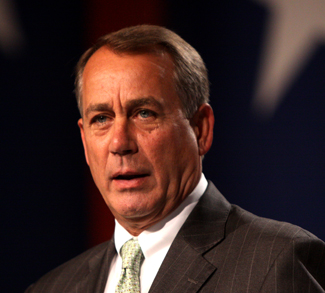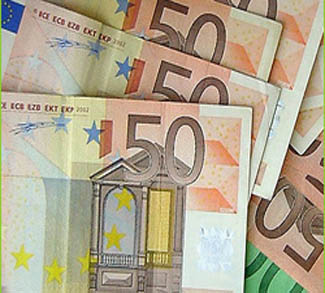The first point that must be made about fiscal cliff negotiations in Washington is that the current situation is somewhat of a win-win for Democrats. If a deal is finally agreed upon, it will be seen as the Republicans caving to Democrat demands. If not, then it can be spun as the Republicans who are at fault for dogmatically holding out and plunging the country into the economic abyss of across-the-board spending cuts and tax hikes. For his part, President Obama is doing his best to entrench this view in the mindsof the wider public by touring toy factories and arguing that a deal- particularly one that includes an extension of Bush-era tax cuts under $250,000 annual income- is necessary for US retail to enjoy a strong holiday season.
Some pundits have gone so far as to say that the Obama administration has recognized the win-win nature of fiscal cliff talks, and as such is not bothering to push as hard as it could for substantive negotiations, all because it would prefer that the Republican Party reap the political reckoning that will result from failure.
Yet the severity of these imposing cuts suggests that a deal will be reached. To put it simply, the House Republicans can’t afford to risk taking the blame for the fallout. On the national scale, the CBO predicts that going over the fiscal cliff would translate into a full half percent reduction in annual GDP growth for 2013. Individual state budgets would also be hit hard by reductions in federal endowment spending, with the extent of the impact varying from state to state. For example, the Pew Center on the States predicts that Hawaii would be hit with a sudden reduction of federal funding amounting to 15 percent of the state’s total GDP. Colorado would lose about $2.1 billion worth of revenue, hitting everything from defense procurement and local governments to community centers for the elderly.
Individual taxpayers would also be hit hard if the US goes over the cliff, and the political explosiveness of the issue is heightened by the indiscriminate nature of the tax hikes. Taxes would go up across the board, meaning that middle income families would see their tax bill go up by around $2000 a year, and low income families by $400. This would put a large dent in consumer spending, and it’s no surprise that the starting point of President Obama’s plan is to insulate these sectors of the population from any tax increase.
Unlikely as it may seem that the US will end up going over the cliff, there is a third scenario to consider if it does so. This scenario envisions the massive cuts/hikes outlined above being triggered, and Congress slowly reversing them ad hoc over the course of next year. This is an interesting scenario to consider because it wouldn’t necessarily be disastrous from a GDP growth standpoint, and more importantly it would allow for cuts in entitlement programs like Medicare and Medicaid in such a way that would provide deniability to both major political parties. Both parties are well aware (if they read CBO projections) that entitlement spending will quickly grow to unsustainable levels, and both would rather not be the one to make the cuts and jeopardize their voter base among key elderly constituencies. This might just be their chance.




